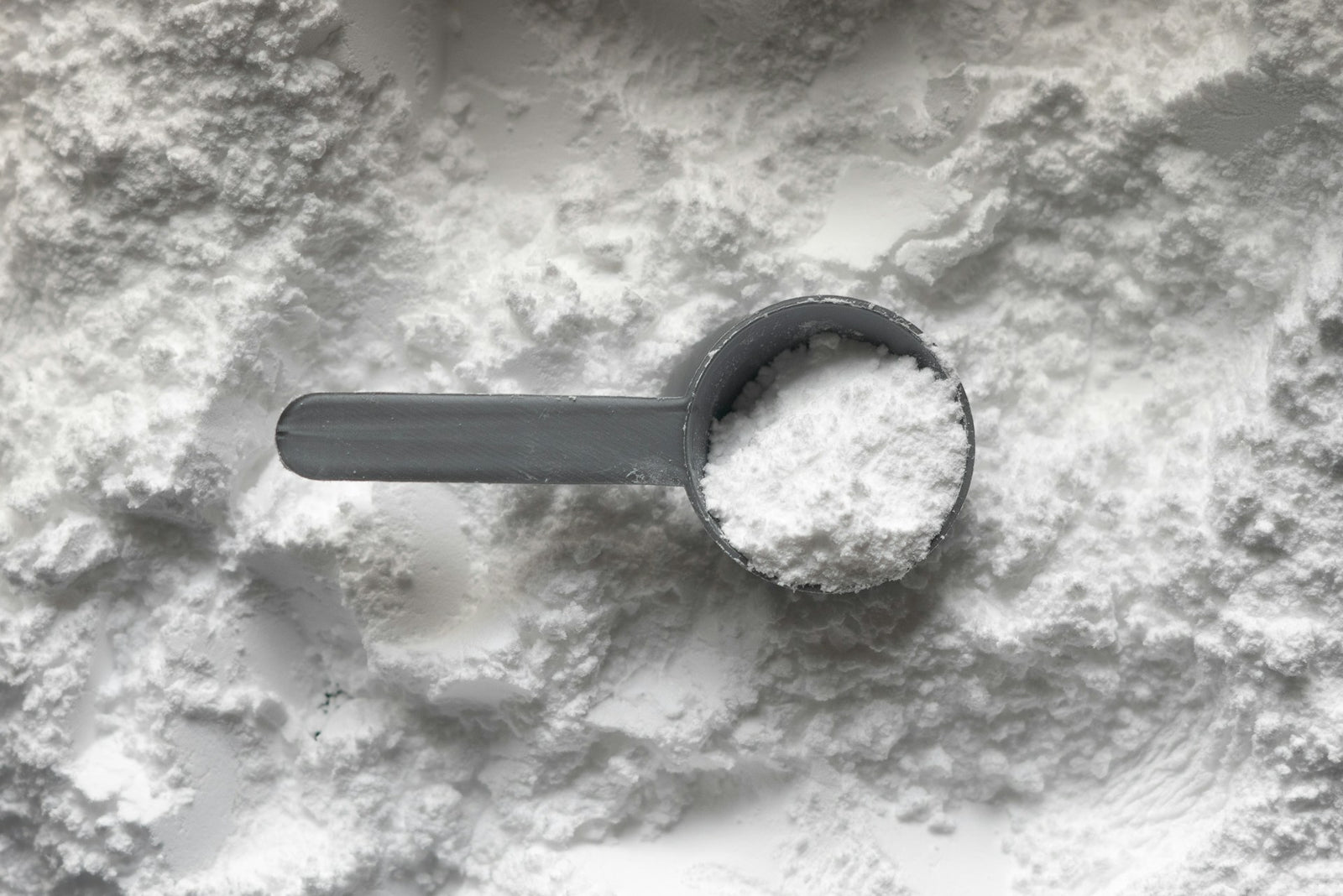What are the Types of Protein Powder? Why Should You Choose Which Protein Powder?

Protein powder has become one of the most essential products in the world of fitness and nutrition with its ease and effectiveness in supporting muscle development, regeneration and general health. With the increasing variety of protein powders available , it can be difficult to determine which protein powder is best for your needs. Choosing the right protein powder can vary depending on various factors such as your diet and goals. You too can find the right protein powder for you by exploring different types of protein powder and make the right choices!
Animal-Based Protein Powders
Protein powders contain many varieties due to factors such as protein source and production method. While animal-based (milk, egg, whey powder, etc.) protein powders are preferred more frequently due to the reliability, quality and protein content of the protein powder, plant-based protein powders are also preferred due to various reasons such as diet and allergens.
Whey Protein Isolate Powder
Isolate protein powder consists of whey protein isolate. When buying isolated protein powder, it is recommended that you choose protein powders that contain 88-92% CFM whey protein isolate instead of products that say isolate and have 80-85% protein content.
Concentrated Whey Protein Powder
It is a protein powder containing whey protein isolate and concentrate. When choosing a concentrated whey protein powder, it is recommended that you stay away from products containing 65-75% protein and prefer protein powder containing only CFM whey protein isolate and ultrafiltered whey protein concentrate at 78-82%.
Complex Protein Powders
Complex protein powders are protein powders that contain a mixture of proteins such as casein, egg protein, milk protein, whey isolate and concentrate. We recommend that you choose protein powders that contain 78-82% protein instead of products with 65-75% protein in complex protein powders.
Hydrolyzed Whey Protein Powder
It is a type of protein powder that has been pre-digested with enzymes and has a reduced molecular weight. Protein with a reduced molecular weight is digested much faster. When buying hydrolyzed whey protein, it is recommended that you pay attention to the hydrolyzation rate and not consume it if this rate is not specified.
Plant-Based Protein Powders
Plant-based protein powders are often preferred by people who are vegan or have special diets due to allergies . The most popular of these are pea protein, soy protein, coconut protein, brown rice protein. Pea and soy protein powders are the most concentrated forms of plant-based protein.
Soy Protein
Soy protein is a type of protein obtained from soybeans and although it is a vegetable protein, soy protein contains essential amino acids. Since soy protein does not contain lactose, it is an ideal protein source for people with lactose intolerance. The absorption process of soy protein is slower than whey protein but faster than casein protein.
How to Choose the Appropriate Protein Powder According to Your Goal?
When it comes to protein powder consumption, whatever your goal is, you need to keep in mind that if you are doing fitness, weight training, doing sports activities that require performance, or if you are in a diet/illness period, your protein needs will increase. So, no matter what your goal is, you should consider certain points when choosing the right protein powder.
First of all, you need to pay attention to the type of protein powder, that is, its source. For example, when it comes to the quality of protein powder, whey protein is the highest quality protein source known next to egg whites. If the protein powder is from milk, it is important that it is grass-fed.
Choosing the Right Protein Powder Based on Allergen Content
As with any food, you should pay attention to the allergen content when choosing protein powder. For example, if you have allergic reactions or sensitivities to factors such as lactose or gluten, you should make your choices accordingly. While protein powders obtained from milk and dairy products will not be suitable for people with lactose intolerance, it will be appropriate for people with gluten intolerance or celiac disease to choose protein powders that have allergen warnings in their content.




Leave a comment